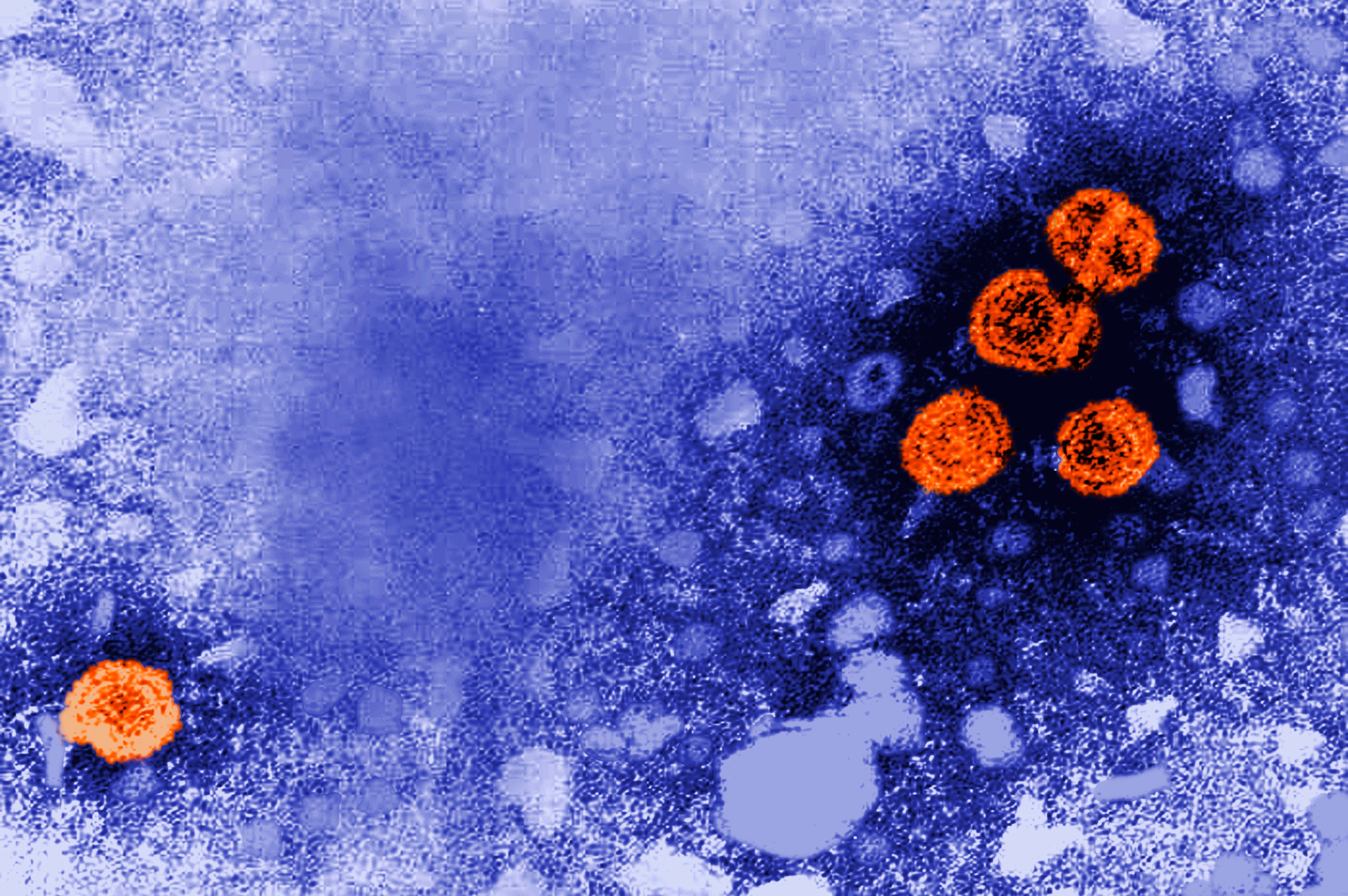New respiratory virus rising in Atlanta could be severe for kids with sickle cell
This story was originally published by Healthbeat. Sign up for their public health newsletters at healthbeat.org/newsletters.
Amid doctors’ calls for protective measures against influenza and Covid this winter, some new Centers for Disease Control and Prevention reports highlight the need for Atlanta clinicians and residents to pay attention to another respiratory virus on the rise.
Three research articles published Thursday in the CDC’s Morbidity and Mortality Weekly Report found significant rises in infections of a virus called human parvovirus B19. While infections are common and often mild, kids and adults with compromised immune systems can be at risk of severe health problems.
One of those studies looked at infections detected among Children’s Healthcare of Atlanta patients with sickle cell disease, a genetic disorder that impacts how oxygen travels through blood. If people with the condition are infected by the B19 virus, they can develop severe anemia and their red blood cell production can be compromised.
The hospital system saw a stark increase in severe anemia cases among sickle cell patients from December 2023 to September 2024 — an annual case rate over three times as high as the rate it had detected over the previous 14 years. More than three-quarters of kids treated in that period were given red blood cell transfusions.
Dr. Marianne Yee, a pediatric hematologist and the Atlanta study’s lead author, said the elevated risk of this medical condition among kids in the area was particularly noticeable after three years of very few cases — a trend that started around the time of the Covid-19 lockdowns. The other two recent CDC studies showed similar B19 infection trends in Minnesota and the United States broadly.
“We do continue to see cases of parvovirus B19,” she said. “There will eventually be a decline in this peak we’re going through. But I do not have a prediction when that will be.”
Yee emphasized that B19 infections in people with sickle cell disease are manageable with proper health care but can be life-threatening if untreated. She and her study co-authors wrote that last December, a 10-year-old child with sickle cell disease died of causes consistent with a B19 infection. Although doctors weren’t able to test the child before they died, the study noted the child’s 14-year-old sibling tested positive for a B19 infection soon after the death.
While the risk of developing a severe reaction to the virus remains low for most people, Georgia has one of the highest percentages of residents with sickle cell disease in the United States. In 2018, the CDC estimated that of the about 100,000 Americans who have the genetic health condition, 9,000 are Georgians. It’s a disease that primarily affects people with African ancestry, and Georgia has one of the largest Black populations of any state.
At an individual level, Yee said Atlantans with sickle cell disease can reduce their risk of being infected by the respiratory virus by taking some of the same steps doctors recommend to prevent Covid-19 spread — wearing masks in public indoor places, washing hands frequently, and avoiding large crowds.
At a clinical level, she hopes Atlanta providers think of testing for the B19 virus if a patient with sickle cell disease has signs of a respiratory sickness. For both groups, Yee said it’s important to be aware of the risk of this disease and the severe health consequences it can cause.
“Common symptoms, such as cough or runny nose or a fever, potentially can represent something really serious,” she said.
Healthbeat is a nonprofit news platform reporting on public health from Civic News Company and KFF Health News.


